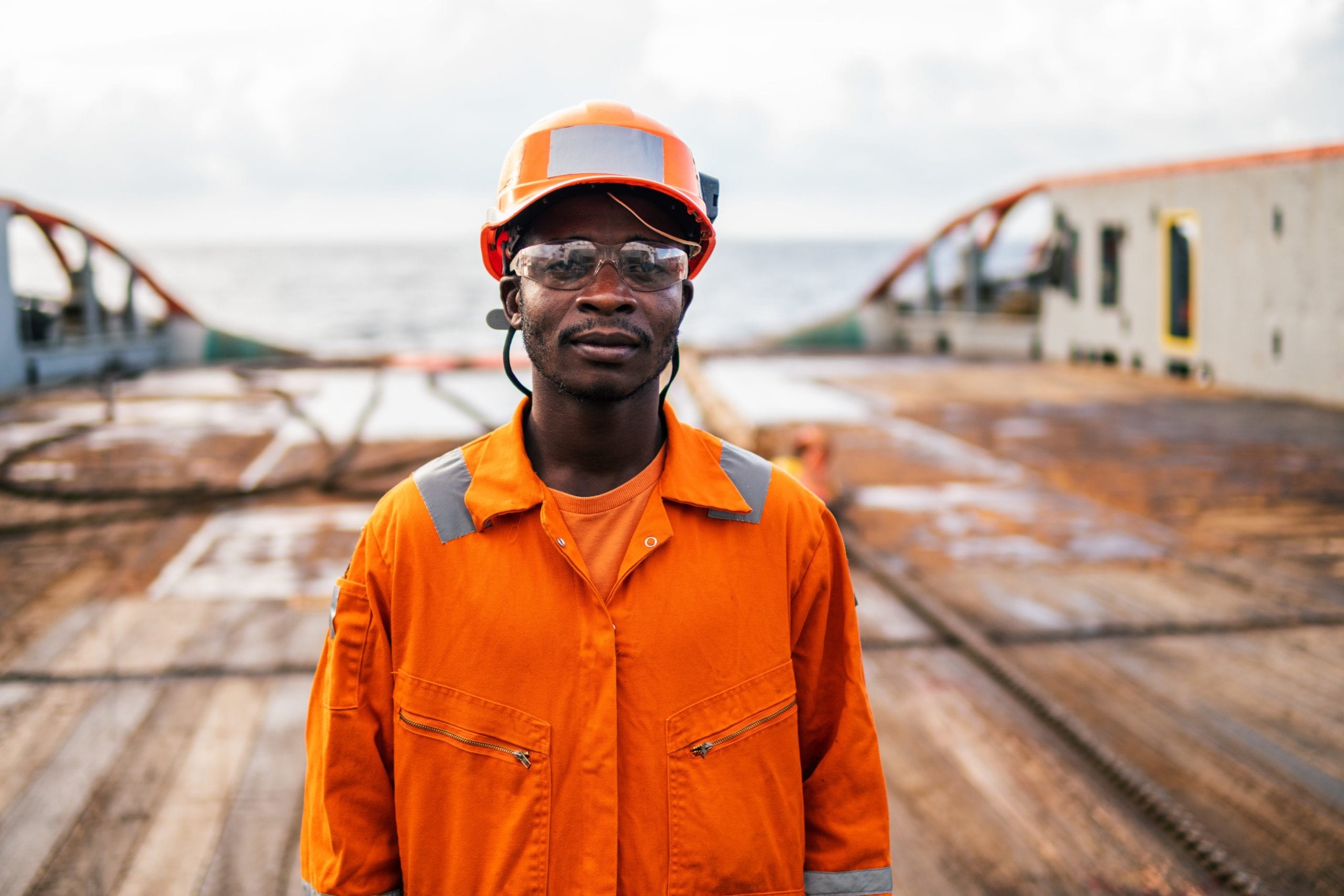Photo: UNCTAD
The trade and maritime bodies of the United Nations are reiterating calls for governments to facilitate crew changes in order to keep trade flowing unimpeded.
In a joint letter from the UNCTAD and the International Maritime Organization (IMO), said the world’s reliance on maritime transport makes it more important than ever to keep ships moving, ports open and cross-border trade flowing, and to support ship crew changeovers.
The agencies also reaffirmed the urgent need for “key worker” designation for seafarers, marine personnel, fishing vessel personnel, offshore energy sector personnel and service personnel at ports.
“Such designation will ensure that the trade in essential goods, including medical supplies and food, is not hampered by the pandemic and the associated containment measures,” the joint statement said.
“We emphasize that, for trade to continue during these critical times, there is a need to keep ships moving, ports open and cross-border trade flowing, while at the same time ensuring that border agencies can safely undertake all necessary controls. International collaboration, coordination and solidarity among all is going to be key to overcoming the unprecedented global challenge posed by the pandemic and its longer-term repercussions,” the statement said.
Maritime transport depends on the 2 million seafarers who operate the world’s merchant ships, which carry more than 80% of global trade by volume, including most of the world’s food, energy, raw materials and manufactured goods.
It’s estimated that by mid-June 2020 as many as 300,000 seafarers a month will require international flights to enable ships’ crew changeover. About half will travel home by aircraft for repatriation while the other half will join ships. And approximately 70,000 cruise ship staff are waiting for their repatriation.
Over the last several months, however, government-imposed travel restrictions due to the COVID-19 pandemic have been hampering the process, raising serious crew well-being and safety concerns.
“Looking beyond the current situation, UNCTAD and IMO urged governments to pursue collaborative efforts to identify and remove any unnecessary regulatory obstacles to post-pandemic recovery and to facilitate maritime transport and trade in these difficult times,” the two agencies said.
“They encouraged pragmatic approaches, such as granting exemptions and waivers where necessary and appropriate. Efforts should be made to facilitate electronic means for ship-shore, administrative and commercial interactions. There should be effective sharing of pre-arrival information and other COVID-19-related reporting requirements for ships, as well as the provision of adequate equipment and resources to customs and border control stations in ports,” the statement said.

 Join The Club
Join The Club











